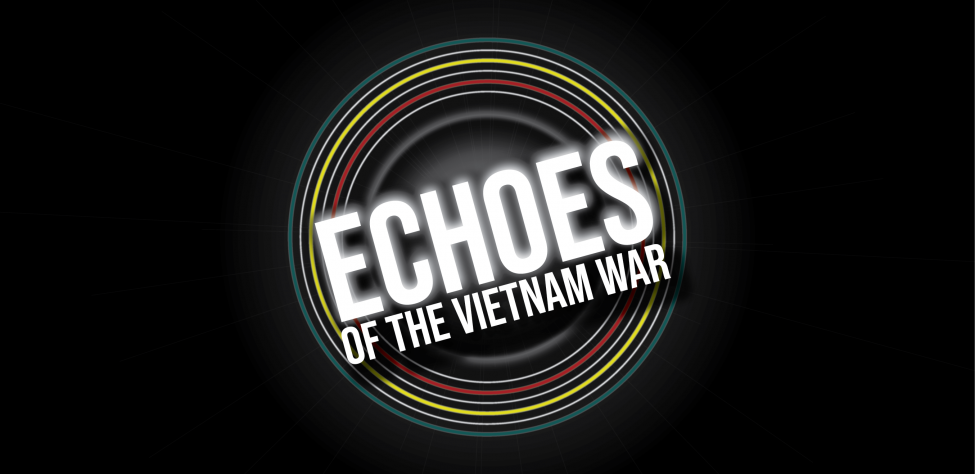EP51: No Words Necessary


Release Date: April 26, 2023
https://echoes-of-the-vietnam-war.simplecast.com/episodes/no-words-necessary
For the tens of thousands of families who received tragic news during the Vietnam War, their lives were profoundly changed at that moment and their reactions to the news covered the full range of human grief. Imagine being the person who rang doorbell after doorbell for months on end, triggering that outpouring of emotion over and over, in all its forms. In this episode, two Marines talk about coming home from Vietnam and being assigned that terrible duty.
Here are some other places where you can listen, follow and subscribe (don’t worry, it is free) to the Echoes of the Vietnam War podcast:
more
Echoes of the Vietnam War
Transcript
more
Echoes of the Vietnam War
Full Interviews
Full Interview with Ron Morgan
Full Interview with Tracy Alton
more
Echoes of the Vietnam War
Show Notes
more
Echoes of The Vietnam War
Next Episode/Back to Episode List
more






